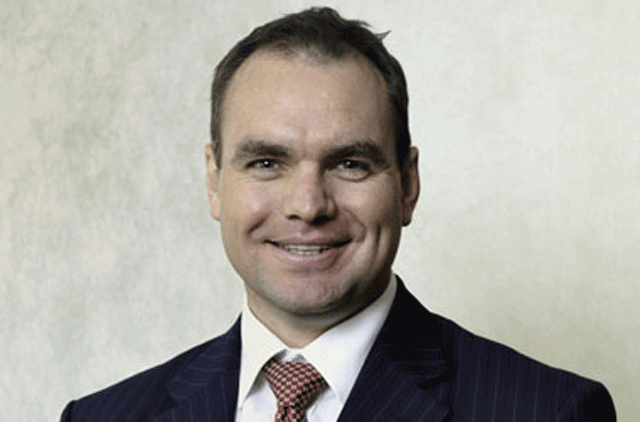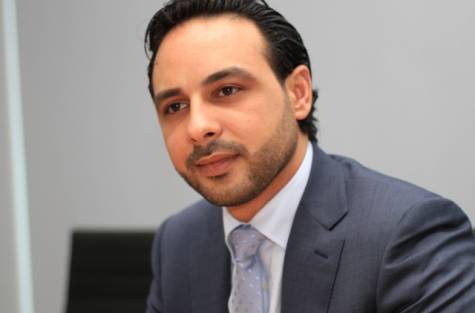
Dubai: A prominent private healthcare group has called on the authorities to introduce a framework for whistleblowers so that doctors and facilities collecting kickbacks can be exposed.
David Hadley, chief executive of Mediclinic Middle East, which owns the Welcare and City Hospitals and eight clinics in Dubai, told XPRESS in an interview: “The practice of asking for financial incentives [kickbacks] is rife and should be condemned as it leads to over-servicing and compromises on patient care. We have approached the Government on the matter. A system of whistleblowers needs to be introduced so that we can report facilities and doctors asking for kickbacks.”
Overbilling
On August 7, XPRESS reported how some doctors earn commissions and generate higher revenues for their clinics and hospitals by overbilling patients and subjecting them to unnecessary medical procedures and tests. But as it turns out, the kickback culture is also rampant between doctors of different facilities, including laboratories, diagnostic centres, clinics and hospitals.
According to industry sources, laboratories and diagnostic centres blatantly offer cuts to doctors who refer patients to them. Similarly, doctors from smaller clinics expect commissions when they refer patients to specialists at other clinics or hospitals. The cuts are said to range from five to 30 per cent.
Hadley said there have been many instances where outsiders have raised the subject of commissions with Mediclinic staff and doctors, but the management’s ‘zero tolerance’ approach and stringent ethical guidelines serve as a deterrent.
Mediclinic doctors get fixed salaries and are not given any incentives linked to the number of prescriptions they write or surgeries they perform, he added.
“When our staff do the rounds of clinics and centres to inform them about the advanced healthcare facilities we can offer, they are often asked what cut they will get if they refer cases to our hospitals. Our doctors have also been approached by labs and radiology services to refer cases to them and collect commissions. We’ve even had a group of orthopaedic surgeons who were willing to use our facilities if we gave them a share of pharma products. Some doctors blatantly ask for referral fees if they send patients to our hospitals. This is just not acceptable,” said Hadley.
“Dubai is making great strides by automating tariffs and introducing medical coding. But rogue operators collecting kickbacks are tarnishing the reputation of healthcare. It is time someone spoke about this so that the unethical practice is checked,” he added.
In a separate interview, Dr Ayham Refaat, managing director of medical billing consultant Accumed PM, who found shocking discrepancies in diagnostic tests prescribed by doctors in a recent survey, said: “There is an issue with kickbacks in the market and we could do with some whistleblowers.”
Dr Refaat surveyed 598,00 insurance claims from 10 private healthcare facilities in Dubai and Abu Dhabi and found that Dh20.6 million of the Dh263 million worth of claims remained disputed.
He said it is difficult to establish proof of commissions being taken because the transactions between the giver and taker are not open. It is more difficult when it’s within the same hospital. “It may not be possible to completely eliminate abuse and fraud, but it can definitely be checked by the regulator. The introduction of health insurance, medical coding and e-claims is a step forward because data can now be analysed,” he said.












